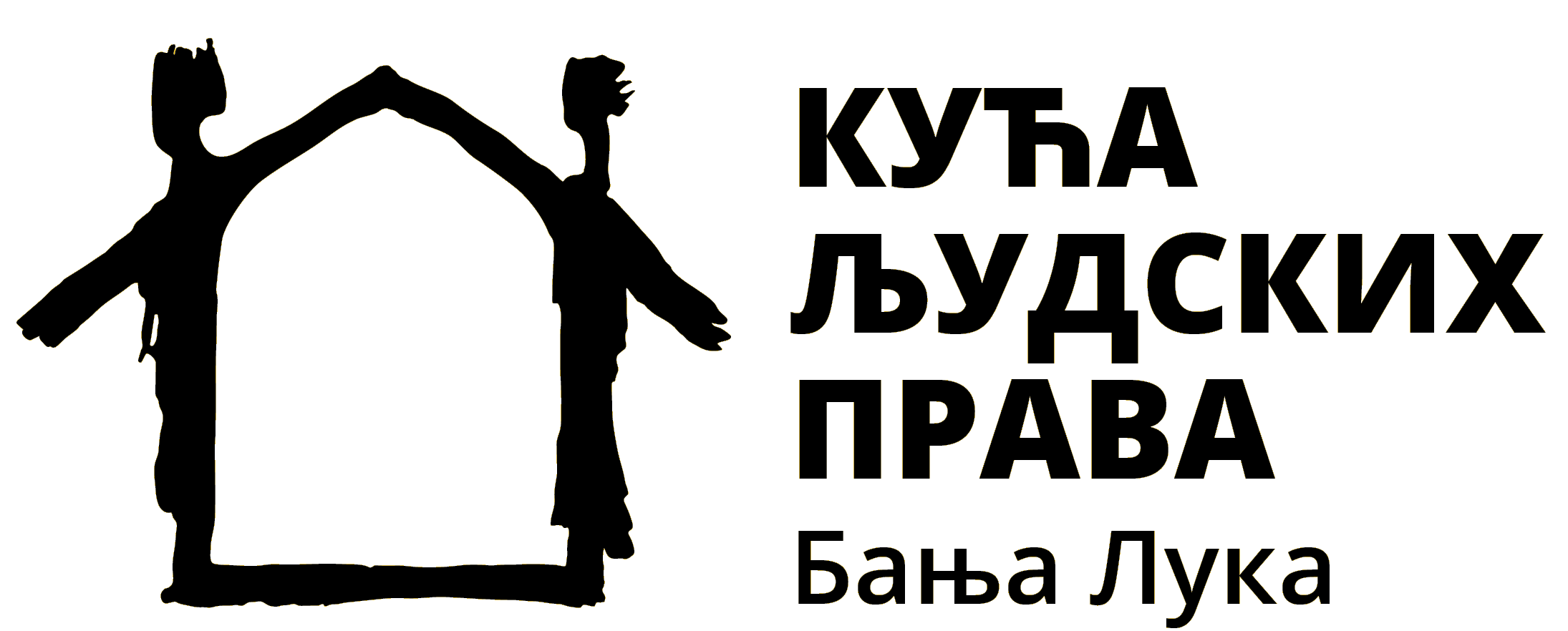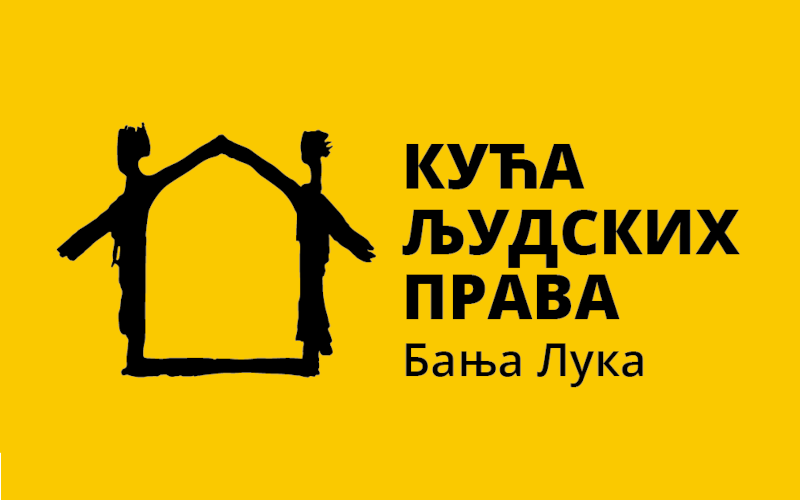The legislator’s explanation that the Law on Financing of Political Organizations in the Republic of Srpska is being passed urgently in order to make savings in the budget and direct that money into other useful things would be welcomed and praised, were it not for a provision in the law that raises justified doubts about the goodwill of the proponents of the law.
With yesterday’s adoption of the Law on Financing of Political Organizations in the Republic of Srpska, with the exception of financing parliamentary clubs, the financing of parties from the entity and local government budgets has been abolished. The funds that they have received so far from public budgets, which, on average, amounted to about 80% of the total party budget, will now have to be provided by parties through membership fees and donations from individuals and legal entities.
The amounts on this basis have been doubled compared to the state Law on Political Party Financing and range from 20.000 BAM, the amount of a voluntary contribution from an individual to a political party in a calendar year, to 100.000 BAM for voluntary contributions from legal entities. In addition to these increases in amounts, it is particularly controversial that the law does not mention in a single word what would be prohibited contributions, i.e. who cannot finance political parties with their contributions. Unlike the state law, which clearly stipulates that administrative bodies, public institutions and enterprises, religious communities, trade unions, non-government organizations, anonymous donors and private enterprises that have public procurement contracts exceeding 10.000 BAM with executive authorities at all levels cannot finance political parties, this is not the case in the new RS law.
Omitting this provision opens up space for corruption and siphoning off public money into party “cashbox” through privileged private companies. In practice, this legalizes corruption and a kind of racketeering, which Transparency International in Bosnia and Herzegovina has repeatedly pointed out and which was also shown by the “corona contracts” scandal, where one of the defendants in this case admitted in court that he allegedly took 250.000 BAM of public money he received through a tender and transferred it to United Srpska.
According to the records of the Central Election Commission of Bosnia and Herzegovina, which is responsible for controlling the financing of political parties in Bosnia and Herzegovina, in the period 2004-2024, almost 400 million BAM were allocated from public budgets for the work of parties. The Party of Democratic Action (SDA), the Social Democratic Party (SDP) and the Alliance of Independent Social Democrats (SNSD) receive the most money.
The Human Rights House expresses concern that the proposed solution for Republic of Srpska will only further favor the ruling parties, expand the space for corrupt practices, and lead to the potential disappearance of smaller parties that do not have control over and access to public resources, which will lead to the creation of a practically one-party system in the Republic of Srpska. In addition to the fact that this law seeks to provide additional sources of income for the ruling parties, it also creates a parallel legal and institutional system, in relation to the already existing Law on Political Party Financing in Bosnia and Herzegovina, which applies to all parties in Bosnia and Herzegovina and which prescribes the methods of financing, auditing, and reporting of political parties, and creates an additional level of legal uncertainty and inconsistency of rules, which should be the same for all political entities.
Finally, we warn that this law was also adopted under an emergency procedure, thus continuing the practice of adopting laws without consulting with the professional and interested public, which in the long term undermines democratic standards and the protection of human rights and freedoms.



